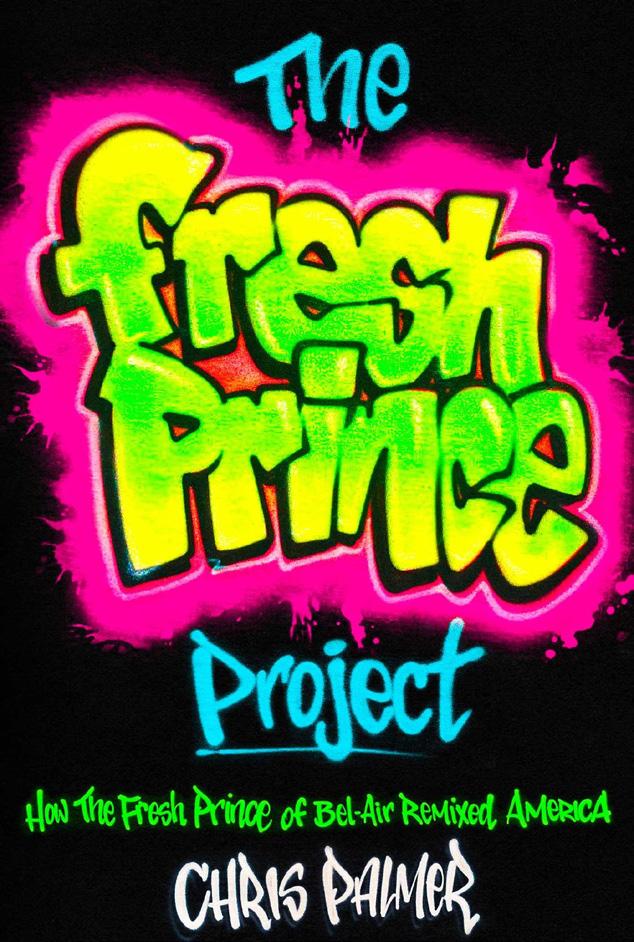
4 minute read
What Rising Interest Rates Mean for Your Wallet
of what you earn, presenting an opportunity to earn more on checking and savings accounts, certificates of deposit (CDs), and other deposit accounts.
• Paying off Debt: The prime rate, which determines most credit card variable annual percentage rates (APRs), is impacted by federal rates, so you can expect your consumer credit to be impacted by rising interest rates — whether that’s your personal loans, lines of credit or credit cards. By keeping up with paying off your credit card balance on time monthly, an APR increase won’t have a major impact for you.
Sponsored content from JPMorgan Chase & Co.













Interest rates have a bigger impact on your wallet than you may realize. With rates forecasted to continue rising in 2023, you can expect to pay more on things like credit card debt, mortgages, car loans and other everyday purchases. That’s why it’s important to take steps now to save and pay down debt so you don’t end up paying more for borrowing in the long run.
Although interest rates are projected to rise to as high as 5.1% this year, according to the U.S. Federal Reserve, there’s a bit of good news for consumers. Higher rates by the Federal Reserve mean consumers will see a higher return on their savings, and ultimately, more money back in their pocket.
What is the role of the Federal Reserve?
There’s a bank that you use to save and manage your money — and then there’s the bank.
The Federal Reserve, or “The Fed,” is the central banking system of the U.S., providing a safe and stable financial system by overseeing the nation’s banks and influencing interest rates. While it doesn’t interact directly with consumers, the policies it sets ultimately affect the way you make financial decisions for things like savings, consumer credit and home loans.


How do rising interest rates affect your wallet?
The intent of raising interest rates is to lower inflation and moderate economic activity by reducing the supply of money in circulation. Higher rates mean more expensive loans for consumers and businesses, not to mention a higher cost of credit. Here’s how rising interest rates could have an impact on your wallet:
• Opportunities to Save: Higher interest rates might not be good news for consumers looking to borrow funds, however they can present savings opportunities if you have a deposit account. Rate increases impact deposit annual percentage yields (APYs), the percentage of interest earned on a deposit account or investment, which are determined by the current interest rate. As rates increase, banks increase the amount
• Buying a Home: Since 90% of new mortgages have fixed rates, the actual cost of borrowing for many households has not changed, even as interest rates have risen. However, for new homebuyers, higher interest rates could mean a higher mortgage rate, or if you have an adjustable rate mortgage loan, your monthly payment could increase. How do rising rates affect your financial plan?
The Fed has been raising interest rates for an extended period and is expected to continue doing so. As a result, you may feel pressure to act now to lock in lower rates and make a big financial decision. Making choices under pressure is when you’re most likely to think (too) fast.
Now is a good time to review your savings, investment and budget plans, and identify your financial goals for 2023. Then, connect with a dedicated advisor to work one-on-one with someone who’s committed to understanding your needs and helping you achieve those financial goals. Visit Chase. com/advisor for more information.
by Chris Palmer
By Terri Schlichenmeyer
You turned the TV on and look...
Nine hundred and forty-eight channels and there’s still nothing you want to watch. Seen that, seen that, watched that twice, but it wasn’t always the case. Once, your Monday nights were spent with a show you never missed, featuring a young guy who made you laugh. And in the new book “The Fresh Prince Project” by Chris Palmer, he made America laugh, too.
Born to solidly middle-class parents in West Philadelphia, young Will Smith gained a reputation early for being something of a class clown. Though he tried, he was not athletic; instead, his talents lay in helping people have fun. When he met Jeff Townes, it was a perfect match: DJ Jazzy Jeff spun the tunes, “Fresh Prince” Smith made the raps.
Everybody wanted to be at their party. They made records and went on tour. Weeks before high school graduation, months before he turned 18, Smith was a rich kid with a nice car and lots of friends.
But “bubblegum” hip hop was on its way out, “hard-driving” rap was in, and Smith’s money dried up as fast as it had arrived. Seeking Fame and Fortune Part II, Smith headed for California.
Writer Andy Borowitz was already there, cutting his teeth on Normal Lear projects and other television productions in Hollywood. When Brandon Tartikoff, who seemed to have a golden touch when it came to TV, asked Borowitz to work for him, the answer was yes and Borowitz’s wife even joined the team. Tartikoff knew a lot of industry people, including Quincy Jones and music mogul Benny Medina, who was considering a step into the TV industry.
At this same time, Will Smith was hanging around The Arsenio Hall Show backstage, hoping that fame might rub off on him.
On the afternoon that Smith met Medina, the young rapper had no idea who the elder man was. Medina, conversely, was well aware of Smith’s early career. And when he asked Smith if he could act, Smith bluffed his answer, as he had so many times before...

From the outset, “The Fresh Prince Project” tries too hard. Its earliest chapters are filled with thirty-year-old language that feels forced, and allusions to some issues with Smith’s father that are never completely, satisfyingly explained. This unevenness doesn’t ever get much better as the book progresses: there’s a lot of backtracking, and the words “fish out of water” show up a ridiculous number of times.
And yet, if you can separate style from substance, author Chris Palmer does the job: his book shows how one TV comedy and the people who made it, shaped Monday nights and everyday viewpoints. It’s also a great profile of a star with one foot in a job he loved, and the other foot firmly in film.
Overall, fans who can withstand the ups and downs of this book and don’t mind a little whiplash sometimes will want to hop on “The Fresh Prince Project.” If you like things freshly polished, though, this book might turn you off.







